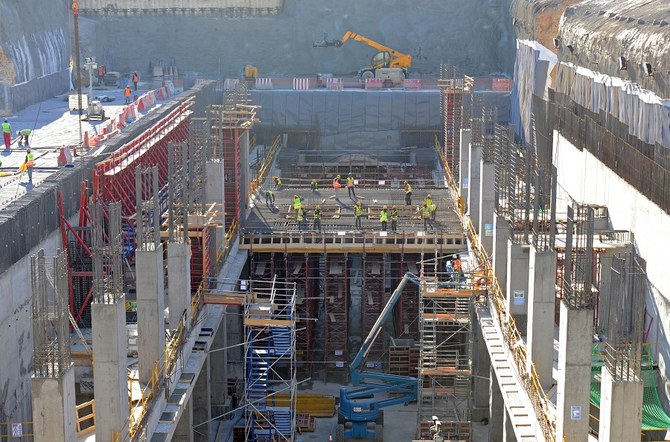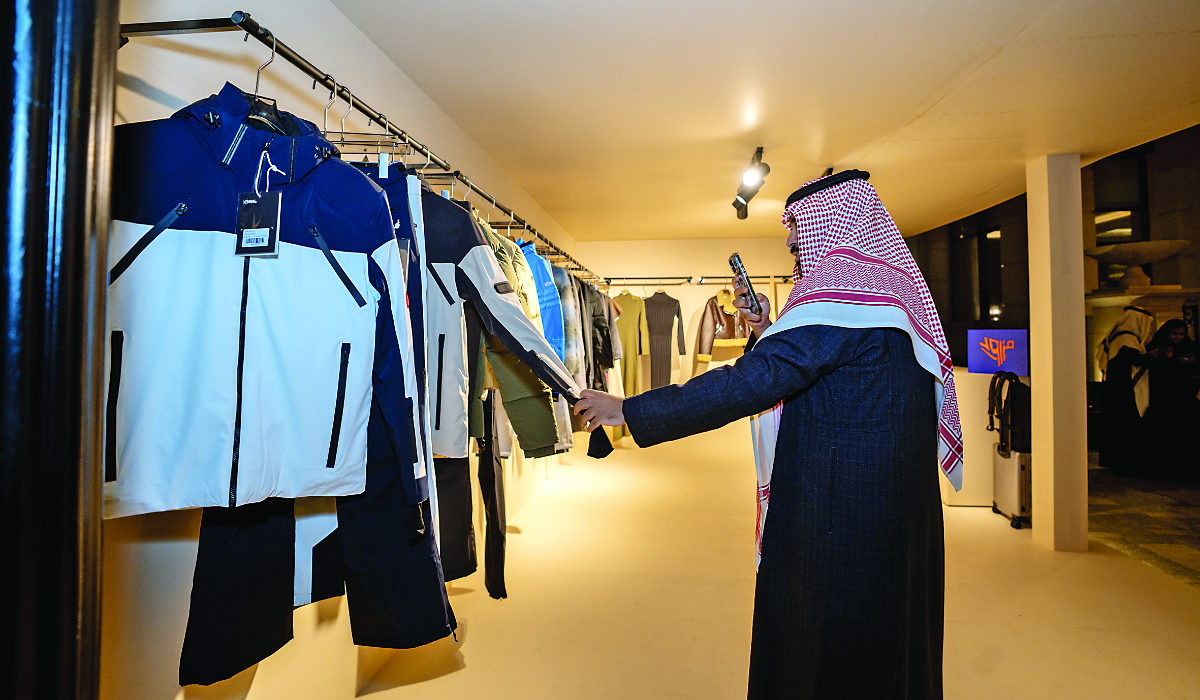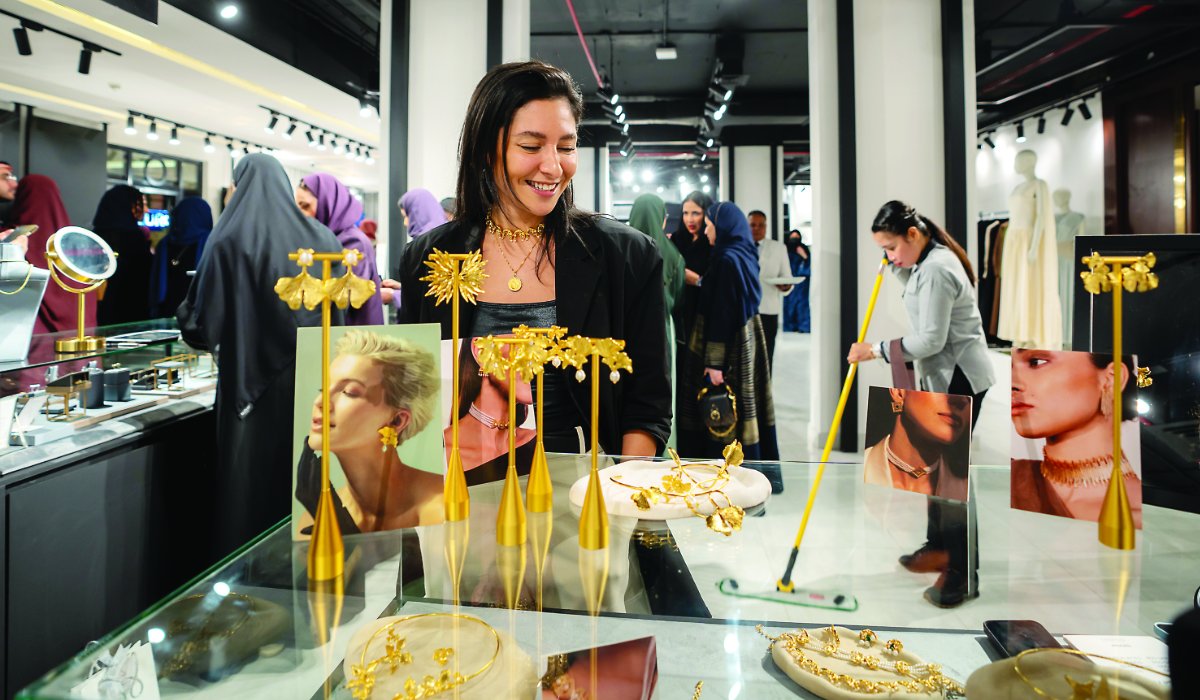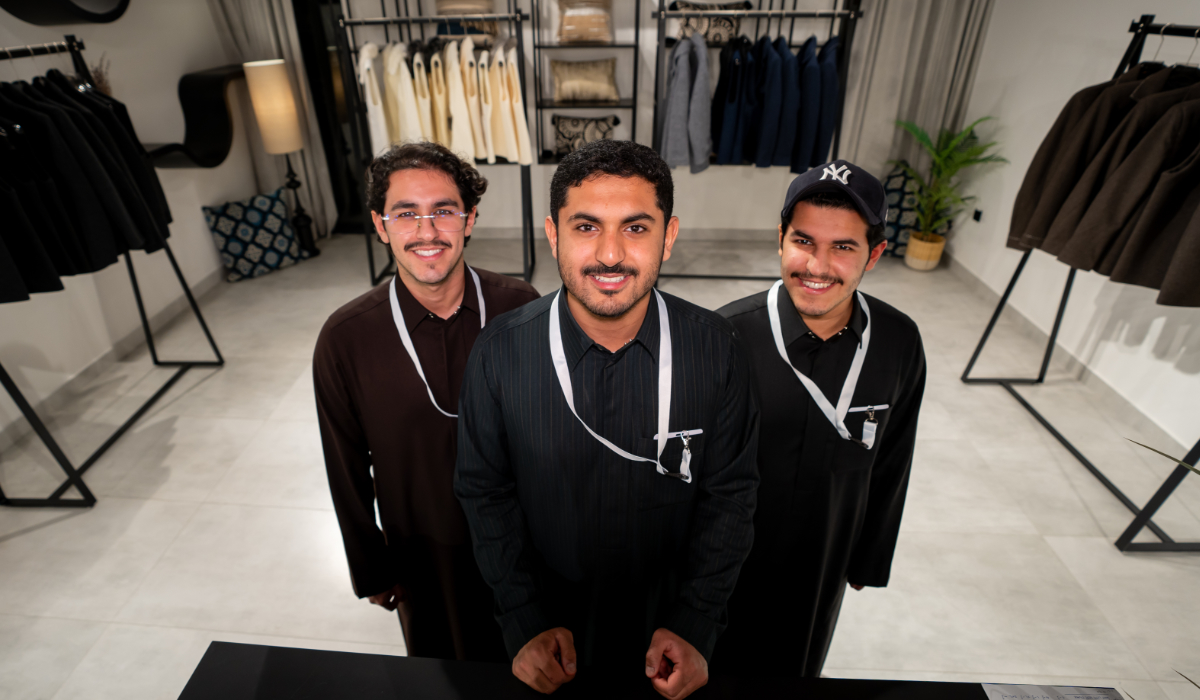JEDDAH: The sharing of mutually beneficial interests will lead to broader collaboration and limitless partnerships between Saudi Arabia and France, according to a top business leader.
Dr. Saleh Al-Tayar, secretary-general of the Paris-based Franco-Arab Chamber of Commerce (FACC), said businesspeople were confident that the political agreement between the two countries would pave the way to realizing common ambitions.
Founded in 1970 by France and the Arab League, the FACC has been playing a fundamental role in strengthening, developing, and improving French and Saudi business relations.
Al-Tayar told Arab News that the Saudi-French Business Council, established in 2001 as part of the Saudi Chambers of Commerce and Industry, aimed to increase trade between the two nations, especially at a time when the Kingdom had embarked on its ambitious economic and social reform program, Vision 2030, to diversify its economy, prepare for the post-oil era, and offer youth a better future.
“This institution, made up of varied personalities belonging to the nation’s vital forces, who are actively participating in improving the business climate in Saudi Arabia, is presenting its most promising economic sectors and promoting the development of partnerships and technologies transfer between French and Saudi economic players,” Al-Tayar said.
He added that through the many meetings it organizes, the Franco-Arab Chamber of Commerce worked closely to develop and strengthen mutual cooperation between France and Saudi Arabia at all levels and to increase the capacity for cross-investment.
He pointed out that there could be no trade without trust. “The best way to build this trust is to encourage meetings between economic players and to create a safe space that facilitates rapprochement between them.
“One of the most important roles of the Saudi-French Business Council is precisely to bring the economic actors of the two countries closer together.”
The chamber leader noted that the mission of the council did not stop there, since it also played an important role in presenting certain key sectors of the Kingdom’s development program, opportunities to invest in some of its most promising sectors and, finally, raising the country’s ambitions to acquire certain technologies and know-how in any desired field.
“Moreover, the Franco-Arab Chamber of Commerce is the privileged interlocutor to explain to its French partners the business climate and point Saudi investors to opportunities in certain sectors of the French economy.
“All this work is no small task, and I would like to take this opportunity to thank all the members of this institution for the fabulous work they are doing to develop business between France and Saudi Arabia,” Al-Tayar added.
A delegation of nearly 80 French business leaders representing 60 companies made a two-day visit to Saudi Arabia last January to gather information on the opportunities offered by the Saudi market.
“It has also enabled these companies to establish contacts with high-level public and private decision-makers. This is a concrete example of the work carried out by the Franco-Arab Chamber of Commerce,” he said.
Al-Tayar pointed out that France was Saudi Arabia’s eighth-biggest trading partner with 3 percent of the Saudi market, adding that France was its third-largest foreign investor with nearly $15 billion.
“In addition, 80 French companies were present in 2019 on Saudi territory and 4,000 French companies export to the Kingdom, including 500 new companies in the last two years.”
On trade volume between the countries, Al-Tayar said that it had almost doubled over the last 10 years. “It reached 9.53 billion euros in 2019. French exports to the Kingdom amounted to 3 billion euros and French imports to 6.53 billion euros. And the trade balance of these exchanges showed a positive balance for Saudi Arabia of 3.3 billion euros in 2019 against 3.03 billion euros in 2018.”
He added that all these figures showed that trade between the two countries was growing strongly.
As for the number of Saudi young people working for the 80 French companies in Saudi Arabia, Al-Tayar said that the firms operated in various sectors including transport, construction, energy, distribution, and banking, and employed about 40,000 people, including 10,000 Saudis.
He noted that over many years, France and Saudi Arabia had developed rich cooperative relations in a range of fields, particularly economic, military, and cultural. “Relations between France and the Kingdom, as is well known, go back a long way in time and tirelessly follow in the wake traced by the founder of the Fifth Republic, Gen. (Charles) de Gaulle, and the third son of the father of the Saudi dynasty, King Faisal bin Abdul Aziz, at their historic meeting in Paris in 1967.”
In recent years, the visits of French President Emmanuel Macron to the Kingdom and of Crown Prince Mohammed bin Salman to Paris had helped to “consolidate this relationship, which is a hallmark of a benchmark partnership that opens the way to brilliant prospects that we hope will be even more dynamic and prosperous in the future, especially since the two countries have extraordinarily complementary economies,” Al-Tayar said.
‘In this transformation of Saudi Arabia, France obviously has its full place. It has the assets and strengths that can meet the ambitions of the Kingdom.’
Mohammed Al-Kinani
Meanwhile, Vision 2030 aimed to develop new sources of wealth. “As part of this plan, Saudi Arabia is planning to invest hundreds of billions of dollars over the next 10 years to develop its infrastructure, exploit new sources of energy, improve transport networks and supply in the areas of health, education, training and many more,” he added.
In the entertainment industry alone, he said, nearly $64 billion would be invested, while France was playing a key role in mega-projects such as the development of AlUla as a tourism destination.
“In this transformation of Saudi Arabia, France obviously has its full place. It has the assets and strengths that can meet the ambitions of the Kingdom. And the French players in the fields of luxury, hotels, tourism, events, and entertainment are world leaders and their know-how is recognized.
“Moreover, French expertise is already at work on several projects, including the metro in Riyadh, where Alstom Transport is part of the consortium that won the contract to design, build, supply, and commission three of the six metro lines, the bus network deployed by RATP Dev (public transport company) in several major cities in the country, the management of the AlUla tourism project, and many other projects.
“Thales, Veolia, Airbus, Total, Orange, Suez Environment, Areva, Vinci, Bouygues, and many others, are well-known brands in the Kingdom. All these jewels of French know-how are participating in the development, modernization, and efforts undertaken by the Saudi authorities to enter the economy of the third millennium on equal footing,” said Al-Tayar.
“But today, in the face of competition, the rise in power of emerging countries, the consequences of the health and economic crisis (COVID-19 pandemic), and the challenges of climate and energy change, and all the challenges of the new millennium, we need to strengthen ties to reinvent a new way of cooperating, a new way of creating wealth in a long-term political vision of co-development that, while creating wealth in one country, would also benefit the other,” he added.

































